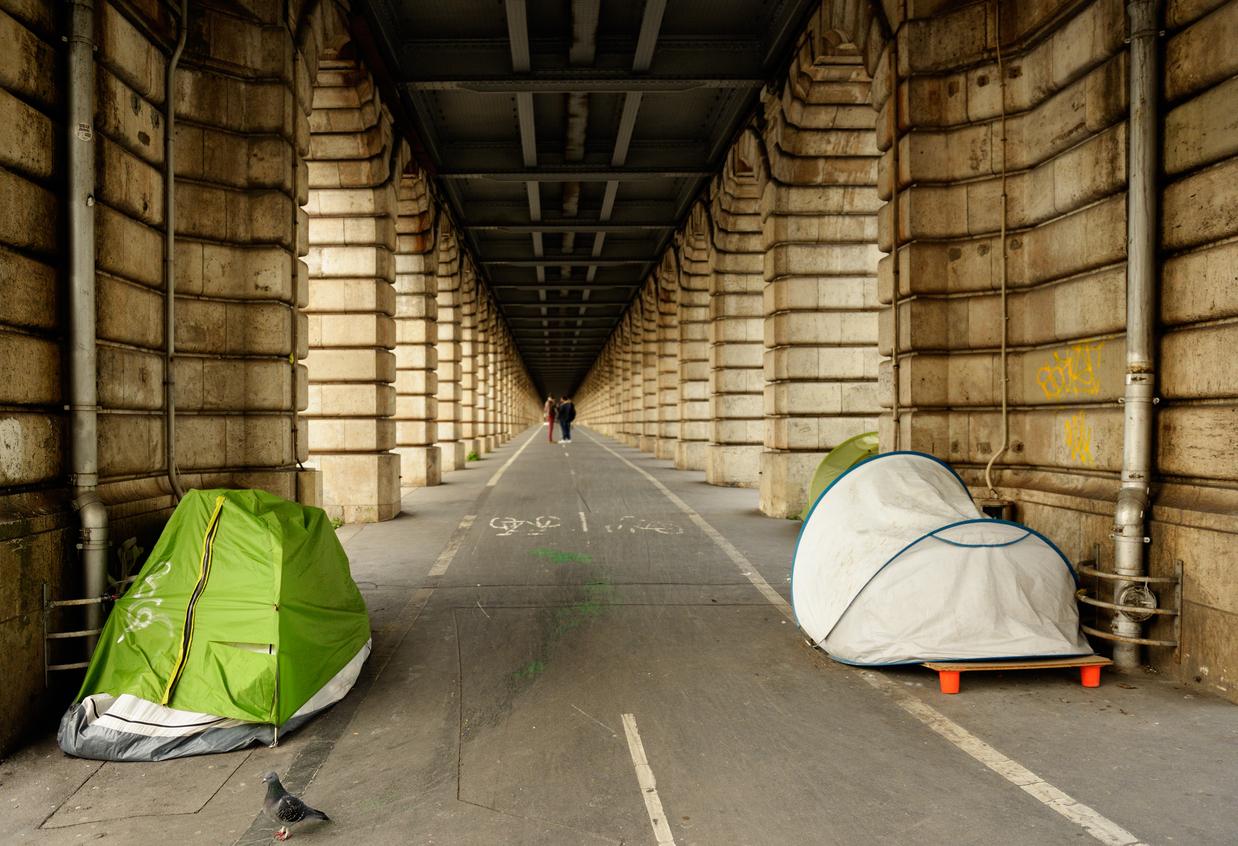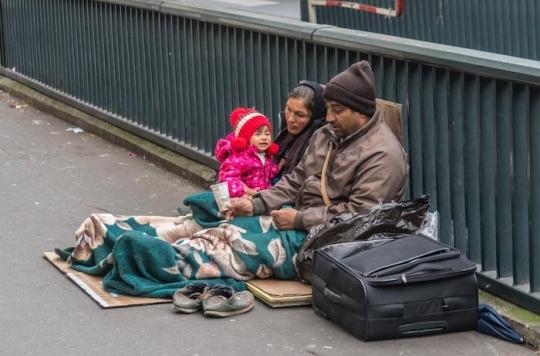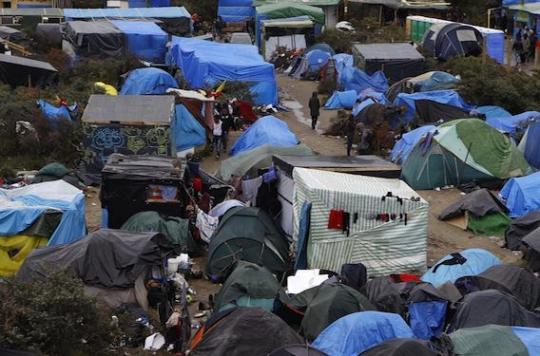Absence of shelters, removal of water points, stalking … The migrants in the Calais Jungle suffer “violations of fundamental rights”.

Officially, the Calais Jungle has been dismantled. But in reality, the migrants who dream of the British El Dorado are still there. Men, women and children who “suffer inhuman living conditions”, once again denounces the Defender of Rights, Jacques Toubon.
On an on-site visit on Monday, June 12, its services noted “violations of fundamental rights of exceptional and unprecedented gravity”. The 500 to 600 exiles still present in the camp would sleep on the floor. The lucky ones received a sleeping bag from associations still mobilized. “The desire not to see any more migrants in Calais leads to no more shelter being tolerated”, analyzes the Defender of Rights.
Another deterrent: removing water points. Migrants can no longer wash and drink water. “Washing and drinking water is their main request,” relays the report of the visit. In addition, there is a very limited distribution of meals, because the associations are “hampered and threatened” by the public authorities.
Migrants hunted down
Questioned by the Defender of Rights, the migrants “say they are tracked day and night in several undergrowth of the city”. Always on the “alert”, migrants can no longer sleep or rest. “They are visibly in a state of physical and mental exhaustion,” he adds.
A deplorable “unprecedented” situation that endangers many unaccompanied minors but also women. No longer benefiting from a dedicated reception structure since the closure of Center Jules-Ferry, women are susceptible to rape and sexual exploitation.
Among them, associations have identified young mothers or women about to give birth. And while maternal and child protection requires the establishment of accommodation, they end up in the street. The same goes for isolated children or adolescents.
Worried, Jacques Toubon urges the public authorities “not to persist in what amounts to a denial of the existence of exiles who, present in our territory, must be treated with dignity, in accordance with the law and international commitments that bind France “.
.

















